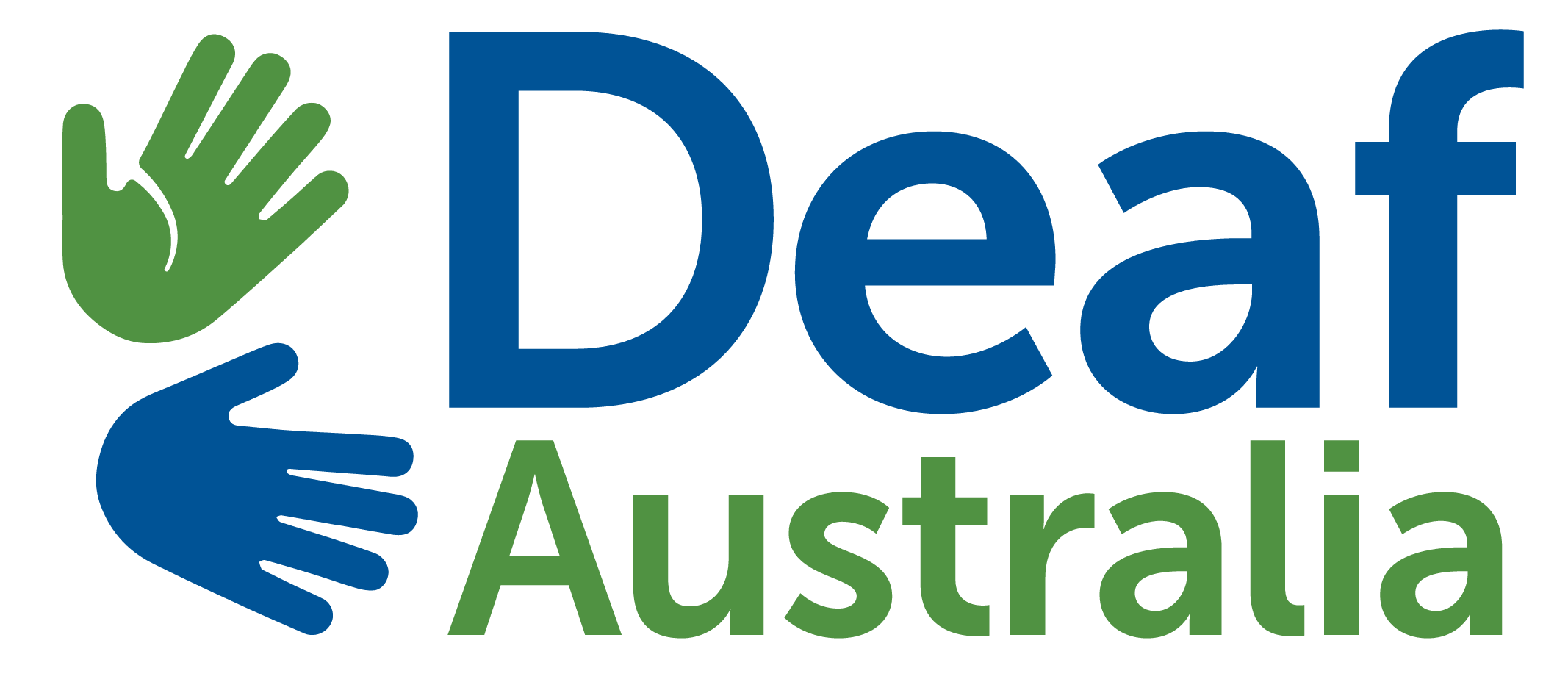No products in the cart.
On 23 June 2017, the Government announced its commitment to ensure the sustainability of the National Relay Service (NRS).
The National Relay Service is an essential service for deaf, hard of hearing, deafblind, and speech impaired citizens. It provides near equivalent communication services for those who cannot use standard telephone services.
The commitment to the future of the NRS is welcomed by a consumer coalition of deaf and disability organisations, which includes Deaf Australia, Deafness Forum Australia, Deafblind Australia and Communications Rights Australia and their supporting organisations (listed at the end of the media release).
However, the consumer coalition does not support the Government’s plan for the next NRS contract arrangements. The coalition is very concerned that growing demand for NRS services in the last three years has impacted on the quality of the service and on the delivery of community outreach training programs. We are also concerned that the proposed capped funding may curtail or limit the services offered.
“The introduction of video relay, SMS relay, two-way internet relay and the NRS app in 2013 has seen large increases in NRS usage,” said Deaf Australia CEO, Kyle Miers. “Australia’s relay service is a worlds- best service which we should be proud of. However, due to a funding cap in the current contract, the community training program (Outreach Program) has been significantly reduced to meet the growing demands of the NRS.”
“This means future potential users of the NRS will not be given training on how to use the service effectively. This may impact a person’s ability to be independent. Online outreach is not an effective training strategy, particularly for people who are deafblind or speech impaired.”
Prior to the current NRS contract, the funding of the NRS was based on user-needs rather than a capped service plan. The capped plan places significant stress on the current delivery of the NRS and does not allow for Video Relay to function as a 24/7 service.
“The NRS should be funded on a user-need model and funding should not be capped at the 2012 level of $20 million per year (excluding GST),” added Mr Miers.
The government also intends to have NRS users register to use the service.
“We are concerned that this requirement will impose unnecessary and undue hardship for individual due to the diminished capacity of the Outreach Program,” said Mr Miers. “The NRS is an essential service and imposing such requirements will create an environment of vulnerability for NRS users.”
“The government has not listened to the strong and consistent community response to the 2016 consultation on the NRS. It has not implemented or even discussed with us the critical initiatives recommended.”
Our coalition of NRS users calls on the government to:
- Implement a user-based contract for the NRS;
- Mandate that all component of the relay service, including Video Relay, operates on a 24/7, 365 days a year basis;
- Reinstate and increase funding for the Outreach Program so that every target group are adequately supported; and
- Reconsider the registration requirement for NRS users until a more thorough consultation with NRS stakeholders is completed.
We have written to the Minister sharing our position on the NRS and we seek an urgent meeting and fair consultation to discuss the future of the NRS.
You can find a copy of the coalition’s position paper at https://deafaustralia.org.au/wp-content/uploads/Coalition-Position-Paper.pdf
Supporting Organisations:
- Australian Consumer Communications Action Network
- Australian Sign Language Interpreter Association
- Australian Federation of Deaf Societies
- Conexu Foundation
- National Seniors



